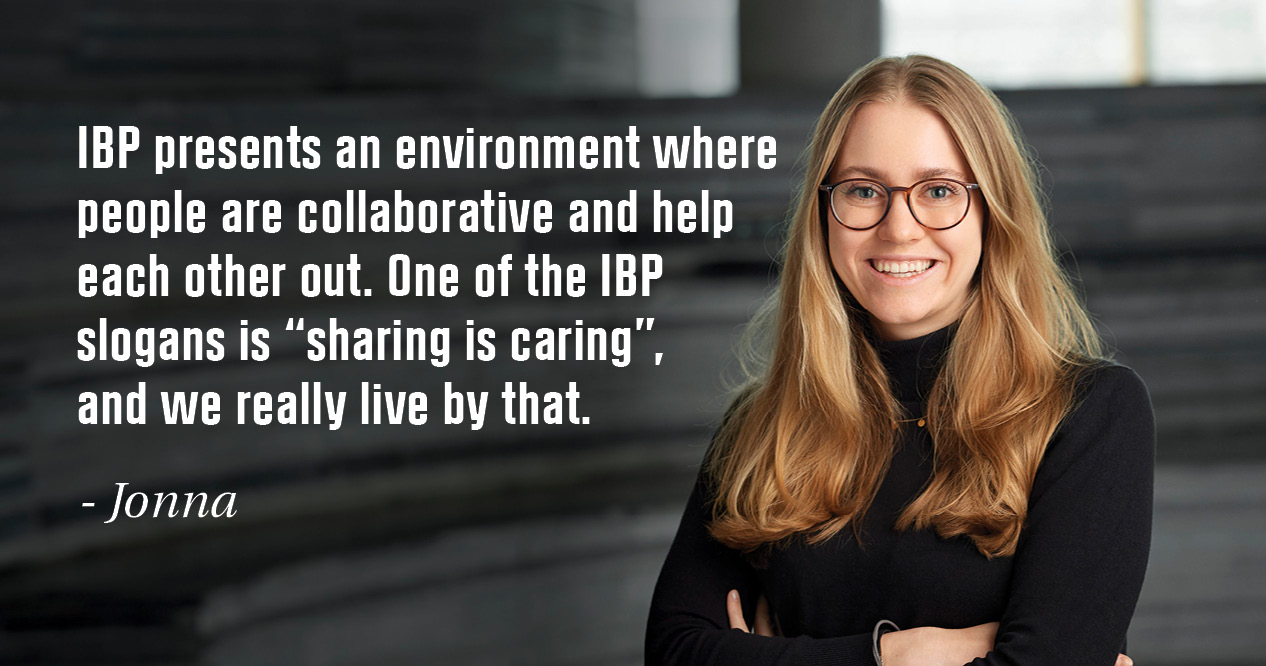The MSc IBP builds fundamental business skills by considering business activities within a broader political and economic context. When you graduate you will therefore be equipped to take on the challenges faced by firms, policymakers and their advisers across the globe. Graduates find employment in a broad range of occupations including in policymaking, consultancy, management posts in the private and public sectors, business development, research, project leadership and the mass media.
The programme rests upon the development of specific skills in the four academic streams around which it is structured: business strategies, international political economy, economics and policymaking processes.
During the programme, you have various opportunities to create your own academic profile.
Electives
On the 3rd semester, you can choose to study courses of your specific interest. CBS offers a large number of electives within a wide range of topics. You can also choose to take electives at other Danish universities. The electives you choose have to be relevant for your programme.
See the current selection of CBS electives on Single courses and electives - Master
Minor
On the 3rd semester, you can also choose to study a so-called minor. A minor is a package of electives within a specific academic area. Typically, it consists of 3 courses. By taking a minor, you strengthen your competences within a specific area of interest, and you can use it to qualify for specific jobs or industries.
See the current selection of CBS minors on Minors
Exchange
Many students choose to go on exchange on their 3rd semester; usually at one of CBS’ more than 300 partner universities. When you go on exchange through CBS, you do not have to pay for the teaching at the foreign university (with a few exceptions), and you can bring your SU (student grant).
Find a list of all CBS partner universities here
Academic internship
You can choose to replace some of your electives with a so-called academic internship. The academic internship consists of an internship period at a company, which is then completed with a project report. You can do the internship at a company in Denmark or abroad.
When doing an internship you get the opportunity to relate theory to practice and reflect on the academic training you receive at CBS in a practical setting. Therefore, the project report and work assignments during your internship have to be relevant to your study programme.
CEMS - Master in International Management programme
On MSc IBP, you can apply for the CEMS - Master in International Management programme. CEMS MIM is a double degree programme, which gives you the opportunity to add a second degree in international management to your CBS degree. This means that you will get both the MSc degree and the CEMS in International Management degree.
CEMS is a 1-year programme, which you study in combination with your CBS degree in your 3rd and 4th semester. Part of it takes place at one of the other CEMS universities abroad.
Learn more about CEMS / Master in International Management
Master's thesis
Your 2nd year is completed with a master's thesis. You choose the topic you want to write about, which allows you to focus on a specific topic of your interest. Typically, you write your master's thesis with a fellow student.
Interest in international economic and political issues
You should have an interest in international economic and political issues. You should also be aware that the programme emphasises an analytical approach to political issues. This means, you will not be discussing political opinions and standpoints but learn how to analyse and understand political phenomena in relation to international business.
Keep up to date with current affairs
Since this programme deals with international politics and contemporary issues, we recommended that you keep up to date with current affairs. You can do so by following the media, in particular media with strong international coverage such as Financial Times or the Economist.
From bachelor programme to MSc in International Business and Politics
The programme builds on the BSc in International Business and Politics. This gives a strong foundation in both business studies, political science and international political economy.
The programme also enrolls many students with other bachelor level backgrounds. Not all students in the MSc IBP have similar levels of skills in business or politics. Some may be less prepared for either the business or the political aspects of the programme.
If your bachelor degree has provided you with a limited foundation in one of the two aspects, it is a good idea to try to make up for this before you enter the MSc IBP.
Studying in English
If you do not have a bachelor’s degree taught in English, we recommend that you read more about what to consider before applying for an English taught programme.
Read more about Teaching and literature in English on Teaching and working methods.
International environment
The study environment is very international with both students and faculty having diverse national backgrounds. Around 40% of the students have a non-Danish background.
The IBP Union
The IBP Union is a student organisation for students in both BSc IBP and MSc IBP. The union arrangesguest lectures, case competitions, exchange with students from other universities, dialogue meetings with alumni, and social events.
Find out more on ibpunion.dk
Student life at CBS
Studying at CBS is much more than just preparing for and going to classes.
At CBS, there are more than 20,000 students with different backgrounds and nationalities. Teamwork is an essential part of studying at CBS both in classes and in extracurricular activities.
With more than 100 student organisations, you also have plenty of opportunities to engage and connect with students across programmes and classes.
Learn more about the vibrant student life at CBS, the student organisations, and the international environment on Student life
For internationals
If you are an international student, we have gathered a lot of information about what it is like to be an international student at CBS and how you can prepare for life in Denmark.
Read more on For internationals
Teaching
Most of the professors are non-Danish, and the teaching styles vary from course to course. There is generally a high level of student participation and interaction between students and professors. Exercises and tutorials are also part of the teaching. The high level of interaction helps students prepare for oral exams.
Read more on Teaching and working methods
Exams
The exam forms in MSc IBP are a mix of the different exam types offered at CBS. The exam types vary from 4 hour sit-in exams, to written individual home assignments and group home assignments.
Read more on Exams at CBS
Time consumption
You should know that it is demanding to study in a graduate programme, and both the curriculum and workload is significantly higher than at bachelor level.
If you are studying on a full-time graduate programme, you should expect spending approximately 37 hours on average on your studies each week. The workload will vary during the year.
The time leading up to assignment submissions and exams can be hectic, and you can easily work more than 40 hours a week in this period. Preparing for oral exams can be especially time consuming, because you have to be able to explain and discuss the covered concepts and theories and learn things by heart.
Read more on Teaching and working methods
Student job
Most programmes are quite flexible in terms of combining studies with a student job. Most students work a maximum of 15 hours a week in order to have sufficient time for their studies.
Studying in Denmark - for internationals
If this is your first time studying in Denmark, you may find teaching and exam formats, the grading scale and the academic calendar very different from what you are used to.
Read about everything you need to know as an international student studying at CBS on For internationals > Academic information
What gets you the job?
You gain an international perspective and understanding of the practical problems that international organisations face within the areas of international business, politics and law.
You gain strong analytical competencies, based on the ability to identify and analyse political, economic, and to some extent legal aspects of problems. The knowledge gained and the strong analytical proficiency is an important asset in future careers.
Career opportunities
The career opportunities are broad. Graduates pursue careers within many different areas such as:
- international businesses
- consulting companies
- interest organisations
- NGO’s
- public organisations such as ministries, the EU, or the UN system.
Some IBP graduates have also started their own companies.
Competence profile
In the competence profile you can read more about the purpose of the programme and the competencies you achieve in the programme.
Competence profile for MSc in International Business and Politics
The 1st semester consists of four mandatory core courses addressing each of the four themes that define the programme. The 2nd semester consists of two mandatory courses that brings together the different themes and applies them to specific business cases. This is then followed by more specialist ‘stream’ courses where you choose between 4 streams that each consist of 2 courses.
You will find a description of the courses in each stream below the table.






